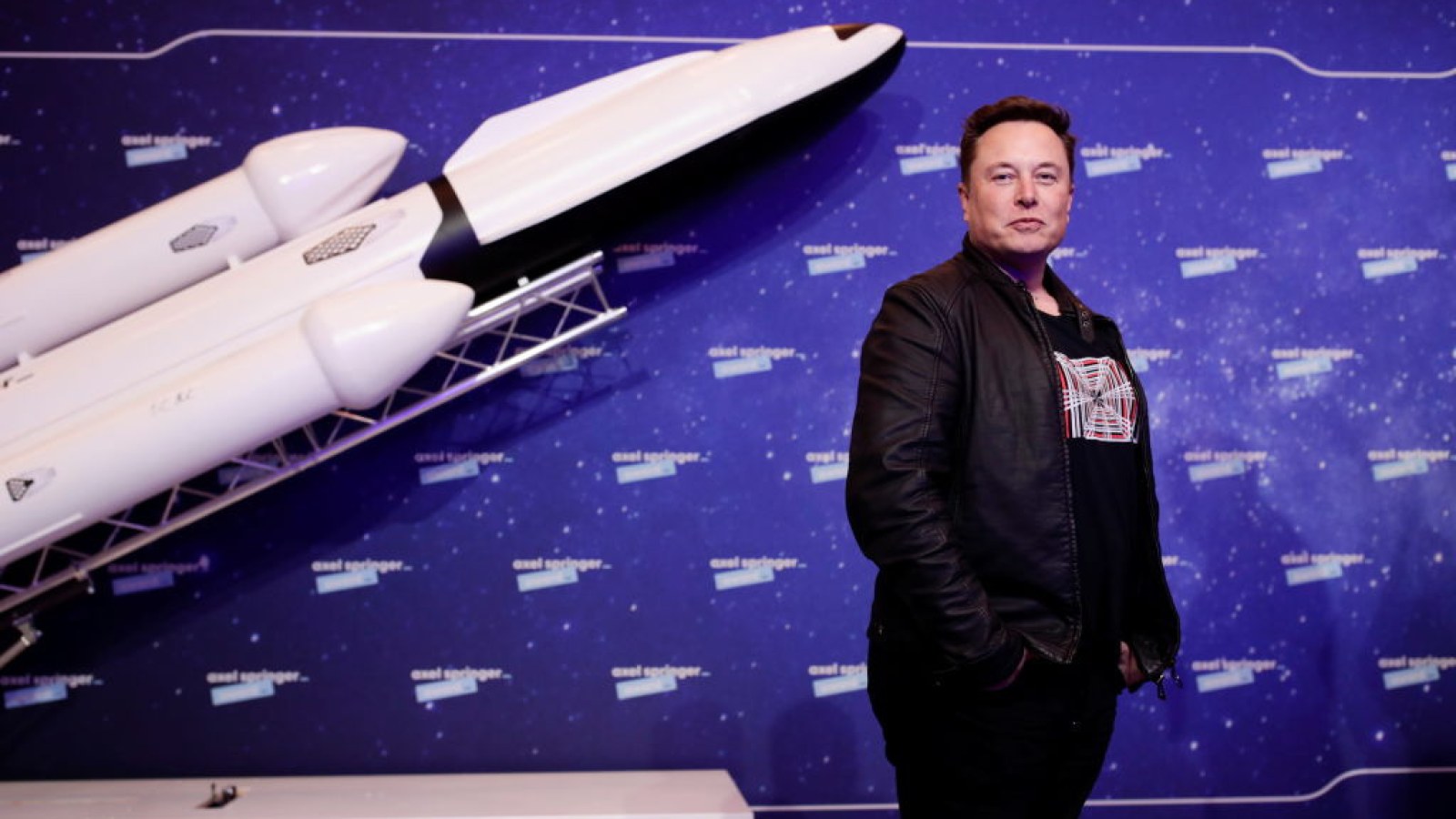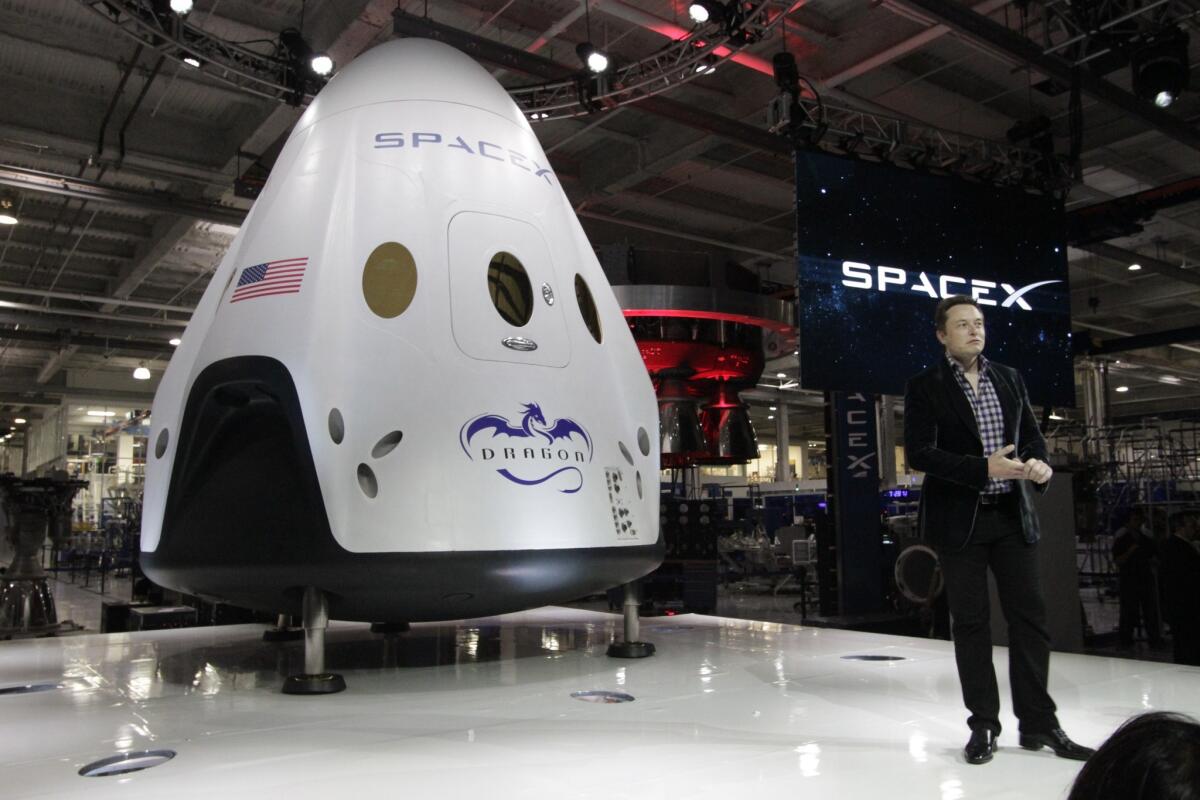
In a world grappling with climate change, political upheaval, and the looming uncertainty of technological disruption, Elon Musk is once again urging humanity to look up—this time, not for inspiration, but for survival. In a recent interview with Fox News host Jesse Watters, the SpaceX and Tesla CEO issued a stark warning: Earth will not survive forever.
The culprit? Our very own Sun. According to Musk, the ultimate fate of the planet is destruction by solar expansion, and his solution is nothing short of interplanetary migration. In his words, building a self-sustaining civilization on Mars is not just an adventure or a scientific challenge—it’s "life insurance" for all life on Earth.
Speaking with Watters on “Jesse Watters Primetime,” Musk outlined the vision that has long underpinned his SpaceX ambitions. He spoke not only about the technical achievements required to reach Mars but about the existential necessity of doing so. “Eventually, all life on Earth will be destroyed by the Sun,” Musk stated. “The Sun is gradually expanding, and so we do at some point need to be a multi-planet civilization because Earth will be incinerated.”

While that prediction may sound apocalyptic, it aligns with scientific projections. According to NASA, the Sun—currently a stable, medium-sized star with a radius of about 435,000 miles—will eventually enter a red giant phase, a transformation that will cause it to expand outward and engulf the inner planets of our solar system, potentially including Earth.
However, Musk’s urgency transcends astrophysical timelines. Though the Sun’s demise may be five billion years away, Musk argues that our present moment presents its own hazards.
From geopolitical instability to the fragility of global supply chains, from pandemics to the rise of rogue artificial intelligence, he sees a window of opportunity that is rapidly narrowing. Colonizing Mars, therefore, is not a contingency for distant eons; it's a strategy for near-term survival.
“Mars is life insurance for life collectively,” Musk emphasized. “If we don’t act soon, the chance to secure our future could vanish.”
This existential view of space exploration has become central to Musk’s rhetoric, especially as he begins winding down his tenure at the Department of Government Efficiency (DOGE)—an experimental government team tasked with rooting out waste and streamlining federal processes. Musk used his DOGE platform not only to criticize bureaucratic inertia but also to amplify his long-standing belief that government resources should be redirected toward technological moonshots like space colonization.

The DOGE team’s final report, expected to be released in the coming weeks, includes damning assessments of inefficiency across various federal agencies and argues for a “moonshot mindset” in allocating national investments. For Musk, that means fewer subsidies for traditional infrastructure, and more funding for rockets, robots, and extraterrestrial cities.
The Mars plan, according to Musk, is not about symbolic victories like flag-planting or one-off missions. It is about building something permanent. “The fundamental fork in the road of destiny,” he told Watters, “is that Mars is sufficiently self-sustaining and can grow by itself if the resupply ships from Earth stop coming for any reason, whether that is because civilization died with a bang or a whimper.”
For Mars to fulfill its role as humanity’s backup plan, it must be able to survive without Earth. Otherwise, Musk argues, it’s not insurance—it’s merely an extension cord, doomed to fail the moment the power goes out.
This vision is already being set in motion. In March, Musk posted on X (formerly Twitter) that SpaceX aims to send its Starship to Mars by the end of 2026. Onboard that historic voyage will be none other than Optimus, Tesla’s humanoid robot, marking the first attempt to deploy artificial intelligence on another planet in service of building infrastructure for future humans.

Though Musk remains cautiously optimistic, he said that if everything proceeds smoothly, human boots could touch Martian soil as early as 2029. More realistically, he predicts that 2031 will be the turning point—the year humanity begins planting its second flag.
Critics have often dismissed Musk’s Mars ambitions as science fiction wrapped in techno-utopianism, but he remains undeterred. To his supporters, he represents a rare breed of industrialist-philosopher, someone who sees business as a vehicle for civilizational change. To his detractors, he is guilty of diverting attention from Earth’s more immediate crises. But in Musk’s worldview, the two are not mutually exclusive.
In fact, he argues that tackling a challenge as grand as Mars colonization could reinvigorate Earthbound problem-solving. “We have to do hard things,” he has often said, “because they remind us that we are capable.”
Musk’s urgency is not unfounded. He often references the “Great Filter”—a concept in the Fermi Paradox that suggests intelligent civilizations may inevitably self-destruct before they can colonize the stars. Whether that filter takes the form of nuclear war, climate collapse, or AI gone rogue, Musk believes that passing it requires diversifying human presence beyond Earth.

In this context, Mars is not the final destination but the first step. He envisions future missions to Jupiter’s moons, asteroid mining, and even interstellar travel.
But it all begins with proving that we can survive off Earth—and that starts with making Mars livable.
That, of course, is a Herculean task. Mars is a harsh, frozen desert with no breathable atmosphere, minimal magnetic shielding, and average temperatures of minus 80 degrees Fahrenheit. Radiation exposure is a constant threat, and farming food without Earth-based supply chains remains a major technological hurdle. Yet SpaceX’s engineers continue to push forward, developing closed-loop life support systems, in-situ resource utilization tools (to create fuel, water, and oxygen from Martian materials), and modular habitat designs that can expand into full-fledged cities.
One of Musk’s boldest predictions is that a million people could live on Mars by 2050, with hundreds of Starship launches per year creating a “Martian ferry system.” While that vision may seem far-fetched, it’s no more audacious than Musk’s early promise to make reusable rockets a reality—a goal he achieved with the Falcon 9 and continues to build upon with Starship.
If SpaceX can demonstrate that Mars is accessible, the conversation may shift from “why?” to “how soon?”

Still, logistical feasibility is only one part of the equation. The philosophical implications of becoming a multi-planetary species are equally profound. In his interview with Watters, Musk posed a question rarely asked in policy circles: What is the long-term purpose of human civilization?
Is it to consume and collapse, or to expand and endure? He likened Earth to a fragile cradle—not meant to be the final resting place of intelligence, but the birthplace. Mars, in this analogy, is the next nursery.
Yet Musk acknowledges that this vision will require collaboration, not just innovation. Governments, private companies, and citizens must align behind a shared belief in a multiplanetary future. That belief, he says, is fading in a world overwhelmed by short-term thinking and risk aversion.
“We need to remember that we are the descendants of explorers, not bureaucrats,” Musk remarked during the DOGE summit last year. “It’s time to act like it.”
As his formal role in government winds down, Musk is redoubling his efforts on the cosmic stage. With SpaceX, he hopes to prove that Earth’s future lies beyond its atmosphere. With Tesla, he is developing machines like Optimus to build that future.
And with each public appearance, tweet, or bombastic interview, he is hammering home the same message: Time is running out. Earth’s lease is not eternal. And the only true insurance policy for humanity might be a dusty red world 140 million miles away.
Whether that vision will materialize in the next decade or the next century remains to be seen. But if Elon Musk has his way, humanity won’t go down with the planet it was born on—it will rise, survive, and thrive somewhere else.

-1750570235-q80.webp)
-1749481098-q80.webp)
-1747734794-q80.webp)
-1749483269-q80.webp)